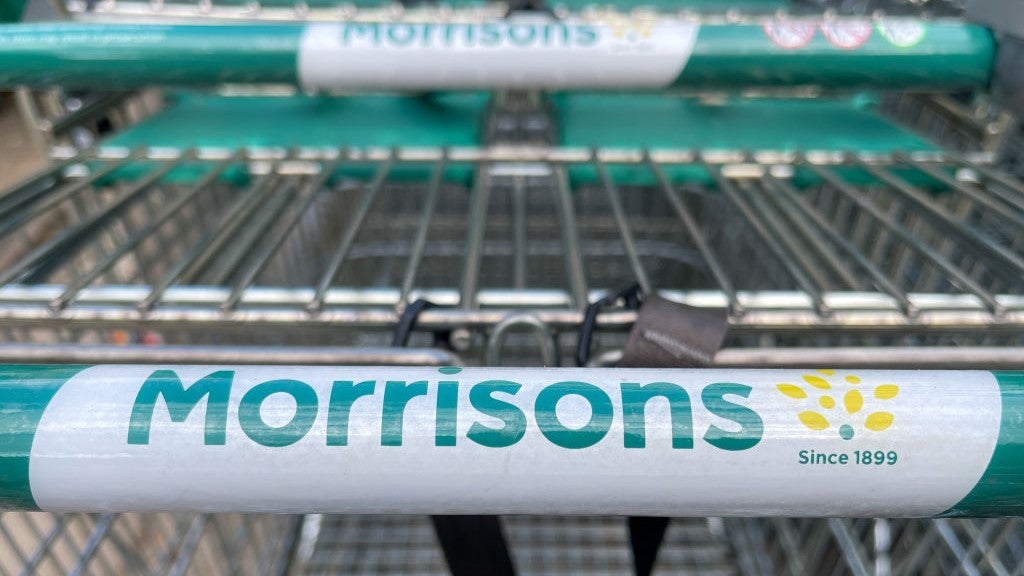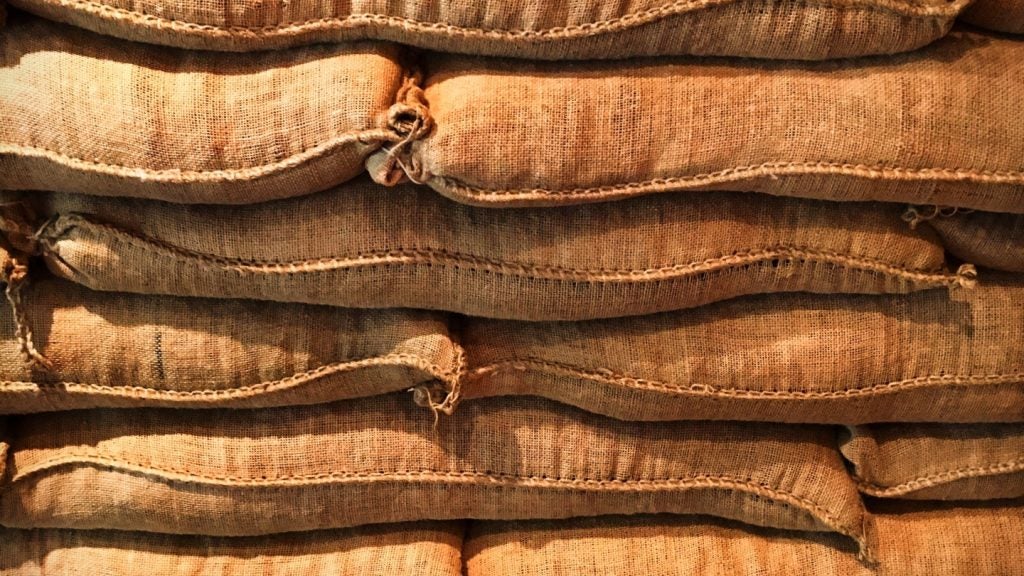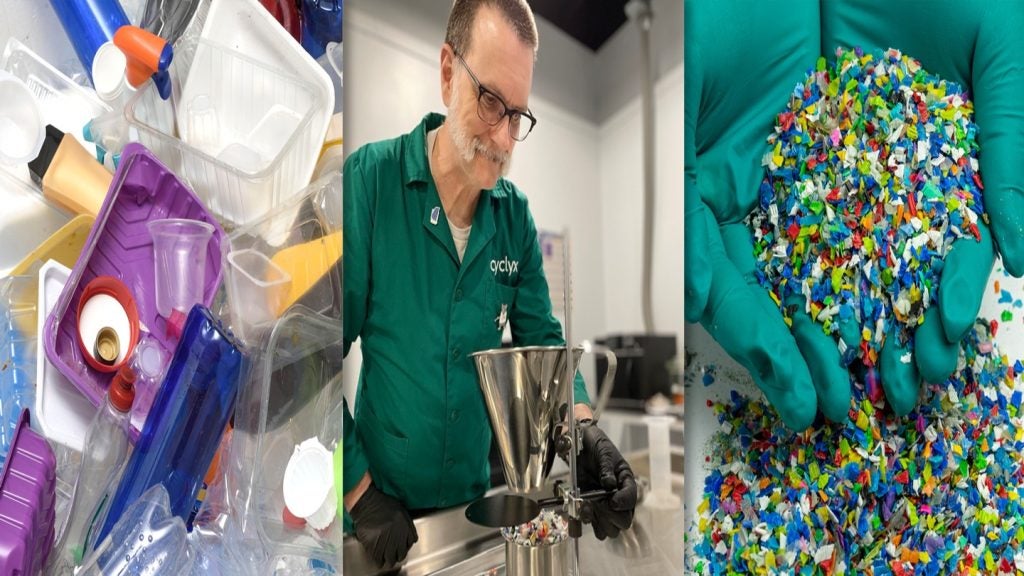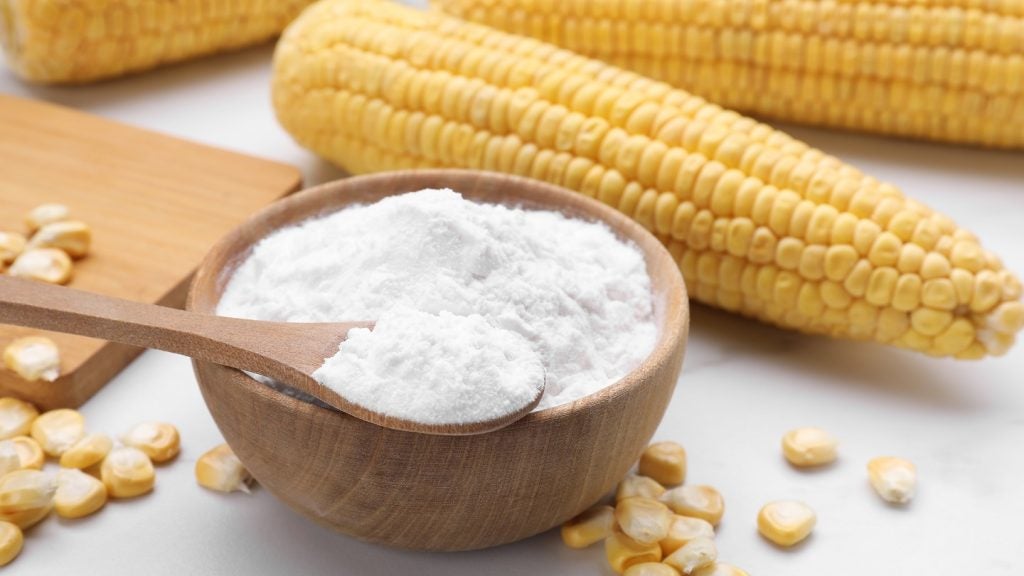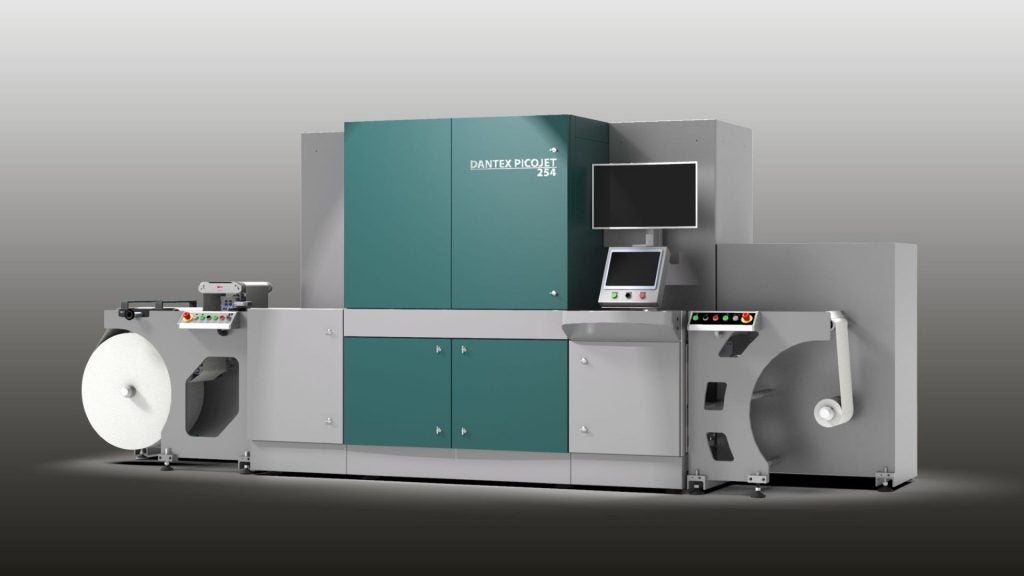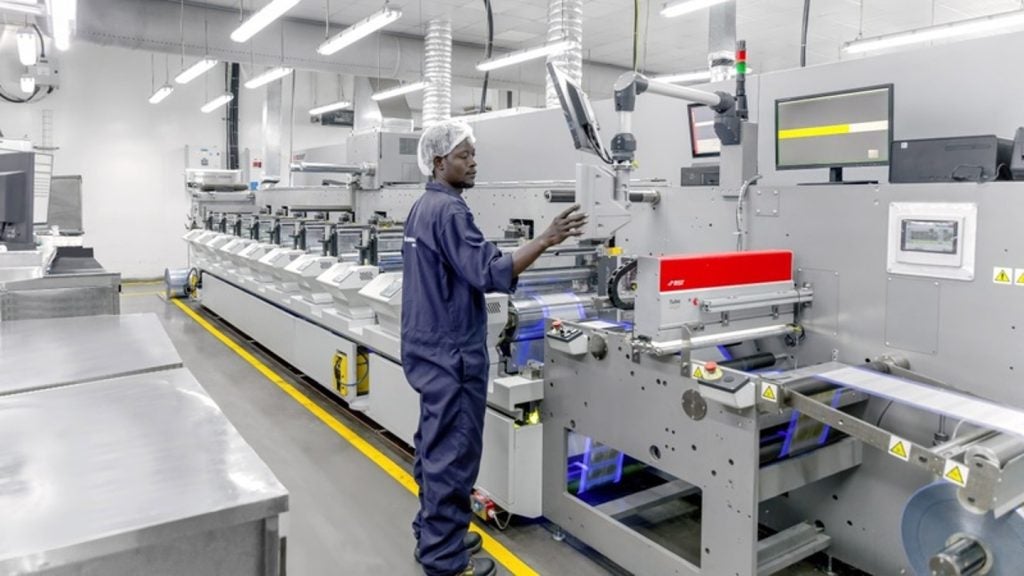Morrisons has beaten a target to achieve an average of 30% recycled content across its own-brand primary plastic packaging by 2025, a spokesperson for the UK supermarket has told Packaging Gateway.
In 2018 and 2020, the retailer made a series of ambitious commitments to reduce plastic packaging by 2025.
The company has made strides towards achieving the goals, with recent projects including extending the range of plastic-free, loose fruit and vegetables, and making the packaging lighter for minced meat trays and bread bags.
The changes followed a call from Greenpeace for retailers to take action to reduce plastic packaging in 2020. Morrisons committed to a 50% reduction in its own-brand primary plastic packaging by 2025 compared to its 2017 baseline and pledged to reach an average of 30% recycled content across its own-brand primary plastic packaging by the same year.
Providing an update on the company's progress to Packaging Gateway, a Morrisons spokesperson said: "We continue to do well on all targets and have led the industry in the removal of packaging and single-use items … We have achieved the average 30% recycled content target and are up to 86% on recyclability."
However, the company's commitments date back further. In 2018, Morrisons was one of the original signatories to the WRAP UK Plastics Pact, which recommends the elimination of "problem plastics". It defines these as:
- Plastic wrapping for multi-sales of tins, bottles, and cartons
- PVC cling film
- Non-compostable fruit/veg stickers
- Non-compostable tea and coffee bags
- Single-use, single-serving plastic sachets/jiggers in restaurant settings
- Plastic packaging for uncut fresh fruit & vegetables, unless it is demonstrated to reduce food waste.
To achieve this, Morrisons committed to reaching 100% recyclable, reusable or compostable options for all of its own brand plastic packaging by 2025. In a November blog post, it reports that it has removed one billion of these "problem" items since 2017, including 31.2 million single-use cutlery pieces, 80 million plastic straws and 331 million plastic tea bags.
It also reports that, by 2022, it had reduced its plastic packaging by 17.5% from 2017 levels, which translates into an average of 9,680 of plastic packaging annually since the target was set.
Of this, the spokesperson told Packaging Gateway: "The Plastic Pact commitment has helped shape our sustainability policies and activities around all our packaging for the last five years. Additionally, the commitment of retailers, manufacturers and waste and recycling companies to work together has helped achieve much more progress than we would have alone. We are looking forward to continuing to work in this area when new targets are jointly developed to take us up to 2030."
Morrisons' sustainability efforts are broadly reflected in analysis conducted by GlobalData, Packaging Gateway’s parent company, which shows an increasing focus on environmental, social and governance (ESG) as an issue through mentions of the term in its company filings, albeit with a fall in 2022.
Our signals coverage is powered by GlobalData’s Thematic Engine, which tags millions of data items across six alternative datasets — patents, jobs, deals, company filings, social media mentions and news — to themes, sectors and companies. These signals enhance our predictive capabilities, helping us to identify the most disruptive threats across each of the sectors we cover and the companies best placed to succeed.


